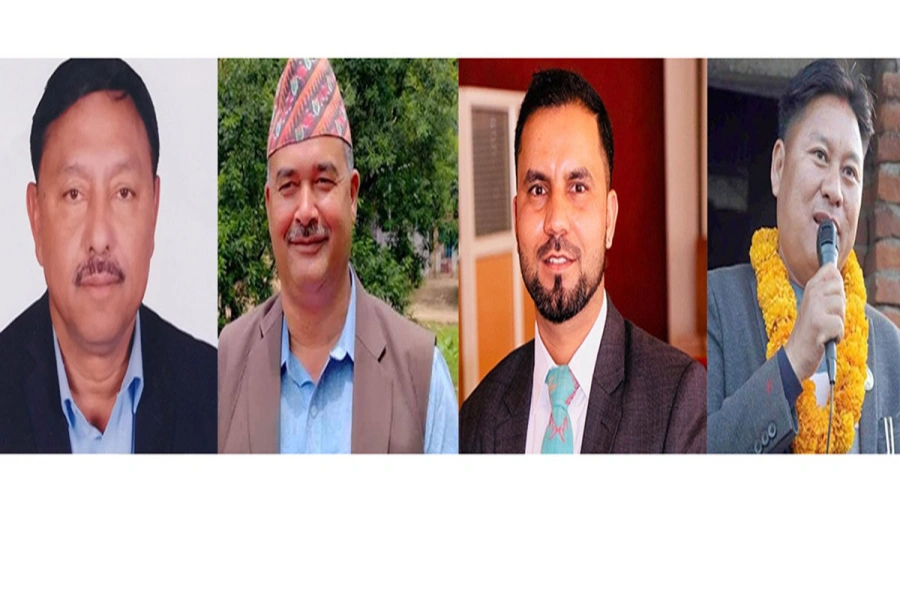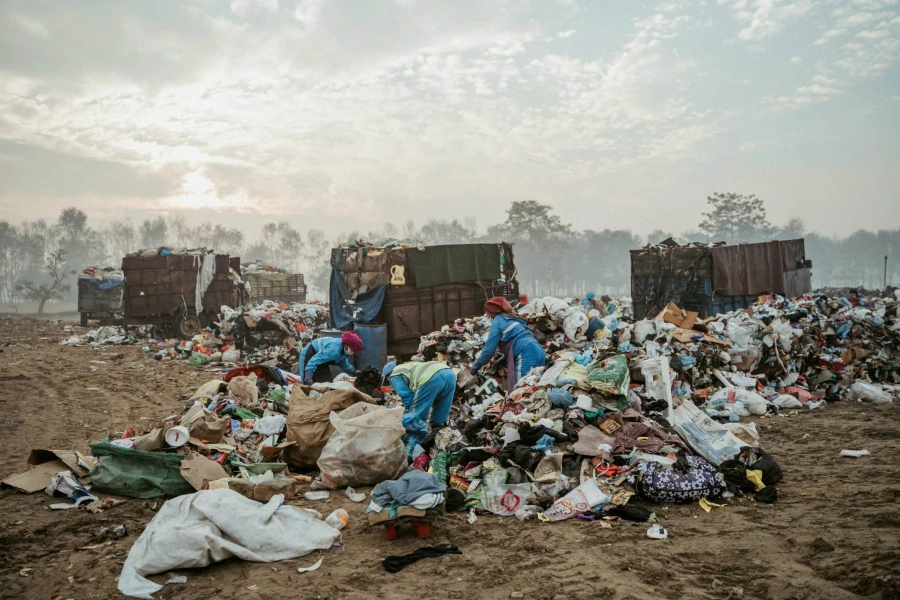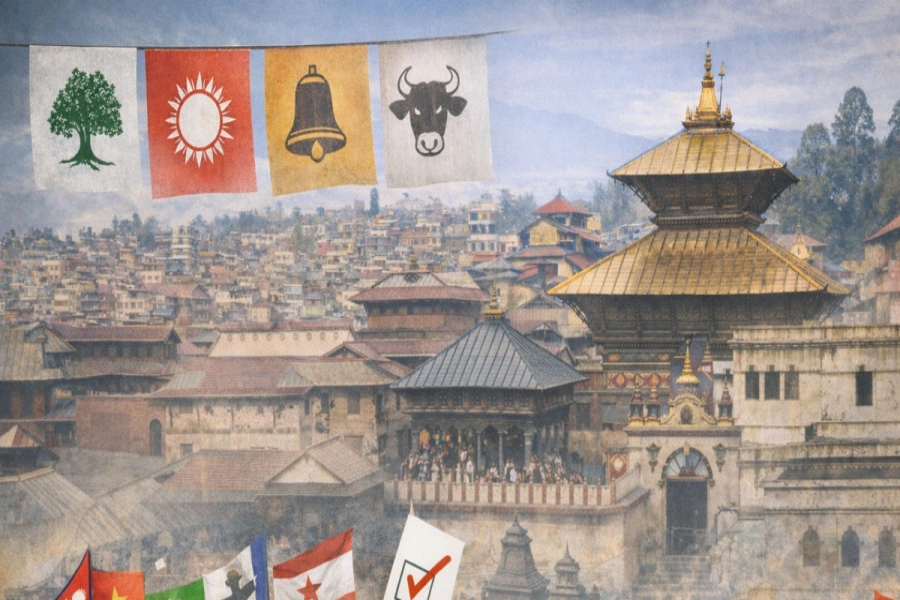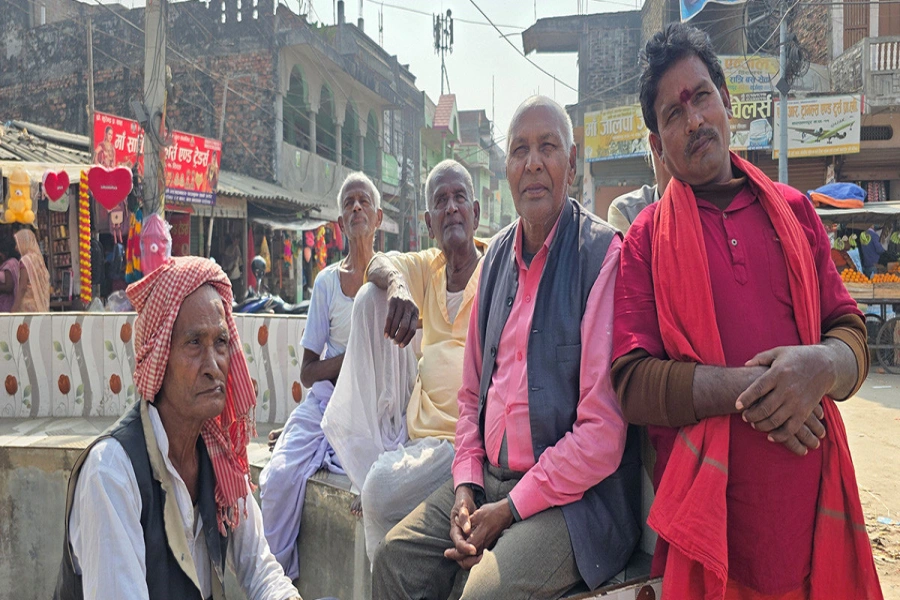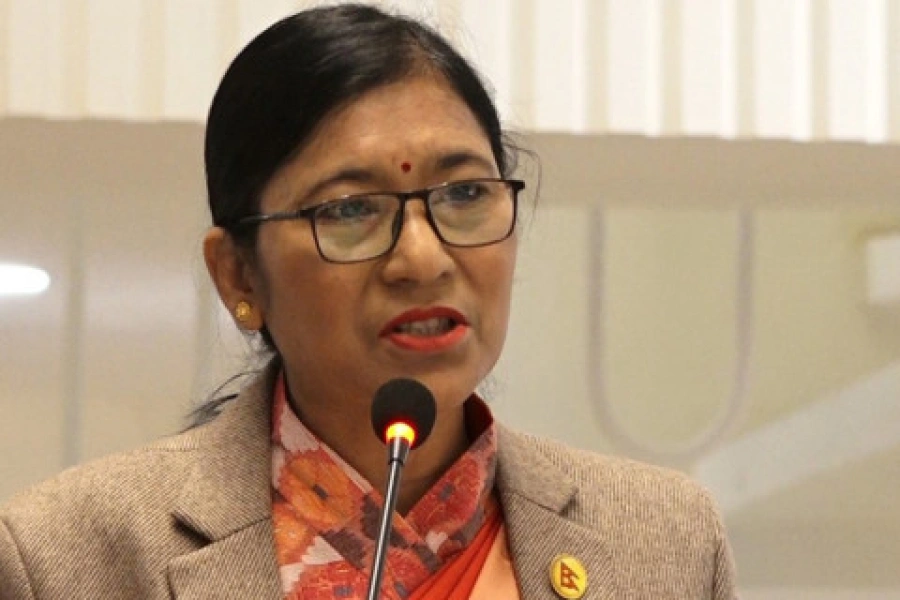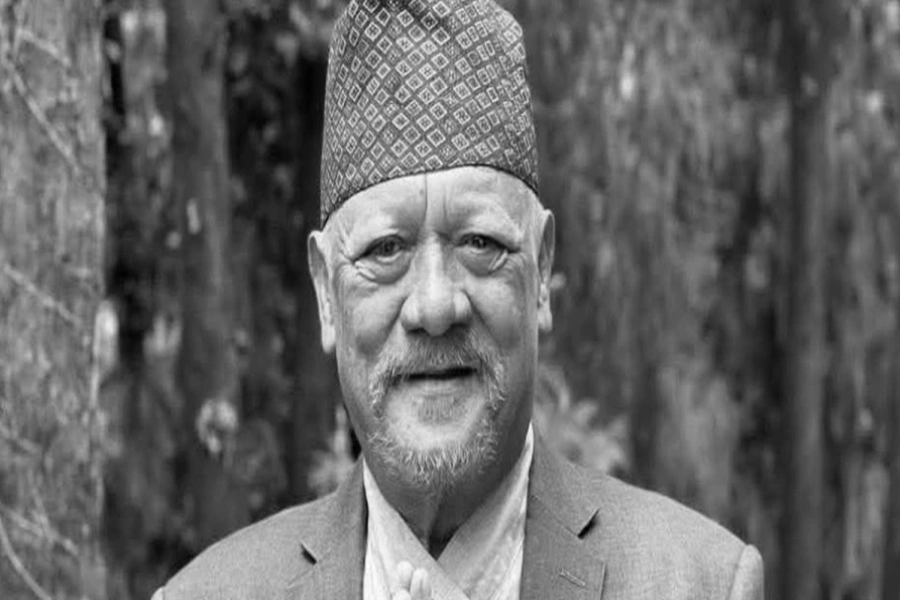The constitution of Nepal has fully empowered local governments to work on wide range of issues—from raising taxes of various kinds to managing basic health and sanitation among others. The constitution has also granted powers to the local units to manage basic and secondary education. Local governments can formulate curriculum that suits the local needs and aspirations and implement them in schools under their jurisdiction. But their failure (or lack of will) to work in this direction has become the subject of widespread criticism. Local governments have been criticized for failing to manage public schools and raising standards and quality of education in schools. In this context, Bhaktapur Municipality has made an effort to stand out and set the examples for other local governments to follow suit. The municipality has designed its own curriculum and implemented it in various schools for preserving and handing down local culture and values to future generations.
Desperate search for missing girls as nearly 80 dead in Texas f...

The municipality introduced self-designed courses for grades one and six in 2018 and grade two and seven in 2019. In 2018, the municipality introduced the curriculum in 92 schools. The curriculum covers foods, arts, culture, architecture and various games. The teachers do not rely on only textbooks but instead they go beyond books and share their experience and skills during field trips and experiential learning. Sunil Prajapati, mayor of Bhaktapur, is actively working for this purpose. The course teaches students life-long skills that textbooks do not provide. With the school running lessons in Nepalbhasa and Ranjana and Prachalit scripts, students have become able to speak these languages with their classmates. The curriculum educates students on values that Khwapa (Bhaktapur) has preserved for ages. The course is meant to educate the students on Bhaktapur’s history, geography, language, local tourism, cultural heritage, games and costumes. This has made the parents happy as they see their children learning various cultural traditions in making food and making of traditional tools.
Bhaktapur Municipality has set a wonderful example for other local units when it comes to designing curriculum as per the needs of local people and effectively implementing it. In the process, the municipality has proved that given the will, preserving local language and culture and handing it to the future generation through education is possible. This is an exemplary initiative for some of Nepal’s indigenous arts, cultures and languages are on the verge of extinction. Various communities have been raising issues regarding preservation of their cultures and traditions but in lack of political will and serious initiatives from local actors to address these concerns have not been properly addressed. This is where Bhaktapur Municipality has made the difference. In fact, what it has done is something all other local units in the country should strive for. Will other municipalities follow suit? We would argue that they should. And the federal government should provide resources, if necessary, to local governments working for this good cause. At a time when the activities of local governments have drawn the attention of the public for their inaction or involvement in various types of malpractices, Bhaktapur Municipality offers a new beacon. This is something for us to celebrate.




